A Bachelor of Science (B.Sc.) in Anesthesia Technology is a specialized program designed to train healthcare professionals in the safe and efficient administration of anesthesia during surgical procedures and medical interventions. Anesthesia technologists play a critical role in ensuring patient comfort and safety during surgeries. In this article, we will explore the future scope and benefits of pursuing a B.Sc. in Anesthesia Technology.
-
Rising Demand for Surgical Procedures: The demand for surgical procedures is steadily increasing due to factors such as an aging population, advancements in medical technology, and a greater focus on improving healthcare outcomes. Anesthesia technologists are essential members of the surgical team, ensuring the safe administration of anesthesia.
-
Advancements in Anesthesia Techniques and Technology: The field of anesthesia is continuously evolving with advancements in anesthesia techniques, equipment, and pharmaceuticals. Anesthesia technologists need to stay updated on these innovations to provide the best care possible.
-
Anesthesia in Specialized Fields: Anesthesia technologists have opportunities to work in various specialized fields, including cardiac surgery, neurosurgery, pediatric surgery, and obstetrics, allowing them to diversify their careers.
-
Emergency Care and Trauma Units: In emergency care and trauma units, anesthesia technologists are crucial in providing immediate anesthesia support during life-saving surgeries and procedures.
-
Global Health Initiatives: Anesthesia technologists can contribute to global healthcare initiatives by participating in medical missions, providing anesthesia services in underserved regions, and sharing their expertise with international healthcare teams.
-
Specialized Expertise: Graduates of the B.Sc. program acquire specialized knowledge and clinical skills in anesthesia technology, making them experts in administering anesthesia, monitoring patients, and ensuring their safety during surgery.
-
High Demand for Anesthesia Technologists: The demand for anesthesia technologists remains consistently high, ensuring a strong job market, job security, and diverse career opportunities in hospitals, surgical centers, ambulatory care facilities, and emergency departments.
-
Competitive Compensation: Anesthesia technologists typically enjoy competitive salaries and benefits, reflecting their specialized training and the critical role they play in surgical and perioperative care.
-
Patient-Centered Care: Anesthesia technologists have the opportunity to directly impact patient outcomes by ensuring their comfort and safety during surgical procedures, alleviating anxiety, and minimizing pain.
-
Diverse Career Settings: Graduates can work in various healthcare settings, including operating rooms, trauma units, obstetric departments, and critical care units.
-
Continuous Learning and Innovation: The field of anesthesia technology is dynamic, with ongoing advancements in anesthesia techniques, equipment, and patient monitoring. Anesthesia technologists have opportunities for continuous learning, specialization, and staying at the forefront of anesthesia care.
-
Global Healthcare Impact: Anesthesia technologists can contribute to global healthcare initiatives by participating in medical missions, addressing anesthesia disparities in underserved regions, and sharing their expertise with international healthcare teams.
-
Career Advancement: With experience and further education, anesthesia technologists can advance to leadership roles, such as chief anesthesia technologist or department coordinator, or pursue advanced degrees in anesthesia.
-
Patient Advocacy: Anesthesia technologists often serve as patient advocates, ensuring patients receive appropriate anesthesia care, educating them about the anesthesia process, and addressing their concerns.
-
Interdisciplinary Collaboration: Anesthesia technologists collaborate closely with surgeons, anesthesiologists, nurses, and other healthcare professionals, fostering a dynamic and interdisciplinary work environment.
-
Emergency and Critical Care Skills: Anesthesia technologists are well-equipped to handle critical and emergency situations, making them valuable assets in trauma units and emergency departments.
 3 Years
3 Years
 Under Graduate
Under Graduate
 Paramedical Science
Paramedical Science
 Full Time
Full Time
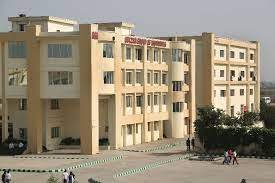



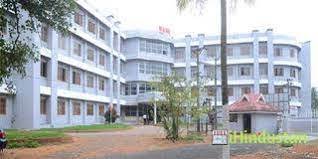
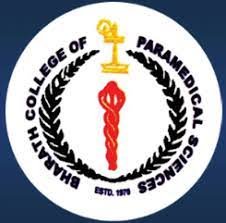
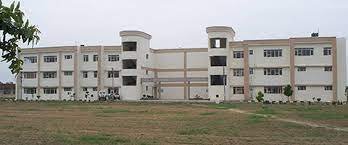

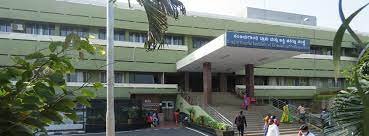
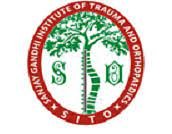

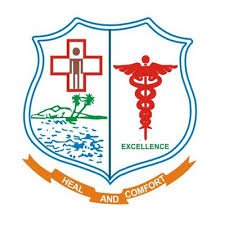

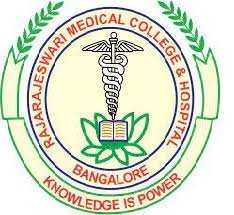

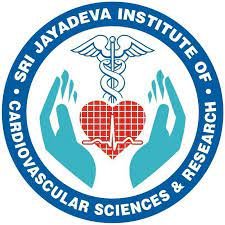
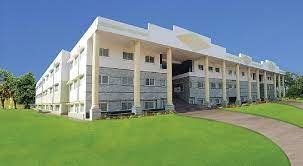

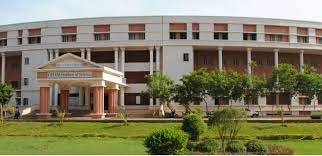
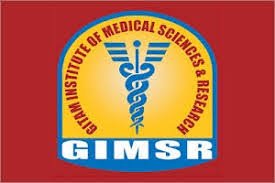

 back
back